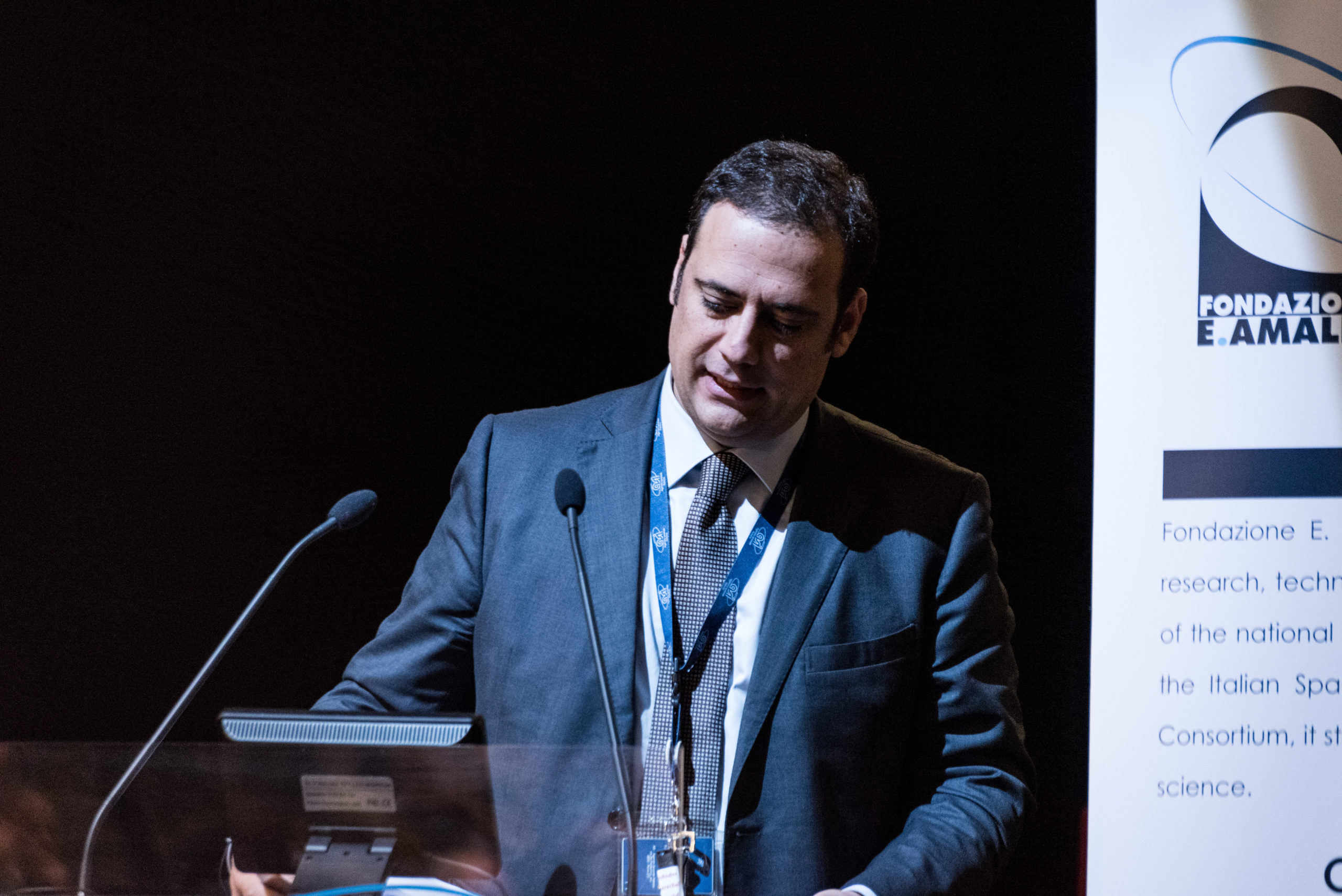Finance for Innovation
The Department of Finance for Innovation has a triple objective:
Improving the level of financial culture of innovative companies operating in the space sector
Evaluating the economic and financial performance of the space sector
Designing and implementing financial tools suitable for the development and growth of space companies
Activities
The main activities and initiatives of the Finance Department for Innovation are:
ESA_LAB@LUISS_FEA, Observatory on Space Finance and Space Enabled Sustainability Actions
DeepTech and SpaceTech Report, in collaboration with Dealroom, ESA, EUSPA and DG DEFIS, with the aim of mapping the economic and financial performance of the New Space Economy in Europe and Italy
Scouting and advisory activities for the venture capital fund Primo Space and focus groups with the private equity fund ALCEDO SGR
Promotion of agreements and collaborations with public and private universities and withalternative finance operators
Purpose
The Innovation Finance team is therefore in charge of supporting the development and growth of innovative ventures in the aerospace sector, combining financial expertise with a change and transformation-oriented mindset. The team’s role is crucial in guiding strategic investments and evaluating the innovative projects of new ventures, as well as in supporting start-ups to obtain and properly manage financial resources so that they are effectively allocated to support new ideas and technologies. Among the main activities carried out by the group are:
- Evaluation of investments in innovative projects: The team analyses new projects, technologies or business initiatives to determine their financial feasibility and potential return on investment. It uses financial analysis tools to assess the risk and return of projects that are often characterised by high uncertainty.
- Financing innovative projects: Identifies and manages funding sources for innovative projects, whether internal (such as corporate funds) or external (venture capital, private equity, crowdfunding or government incentives). It helps create financial plans that optimise the use of resources for long-term projects.
- Risk management: Innovation often involves high risks. The innovation finance team assesses the risks associated with new projects, considering aspects such as market volatility, technological or regulatory risks, and develops strategies to mitigate these risks.
- Development of innovative business models: Often, innovation is not only about the creation of new products or technologies, but also about the evolution of new business models. The team helps assess the financial sustainability of these models by projecting growth scenarios and testing different economic assumptions.
- Stakeholder relations: The team interacts with various internal and external stakeholders, including top management, research and development departments, potential investors and strategic partners, to ensure that all stakeholders are aligned on the financial objectives and impact of the innovation.
- Innovation strategy support: Collaborates with company management to define the company’s innovation strategy, helping to decide where and how to invest to support innovation and maintain market competitiveness.
- Market analysis and benchmarking: Assesses the competitive environment and analyses market trends, emerging innovations and disruptive technologies to identify investment opportunities and adapt financial strategies to changing scenarios.


